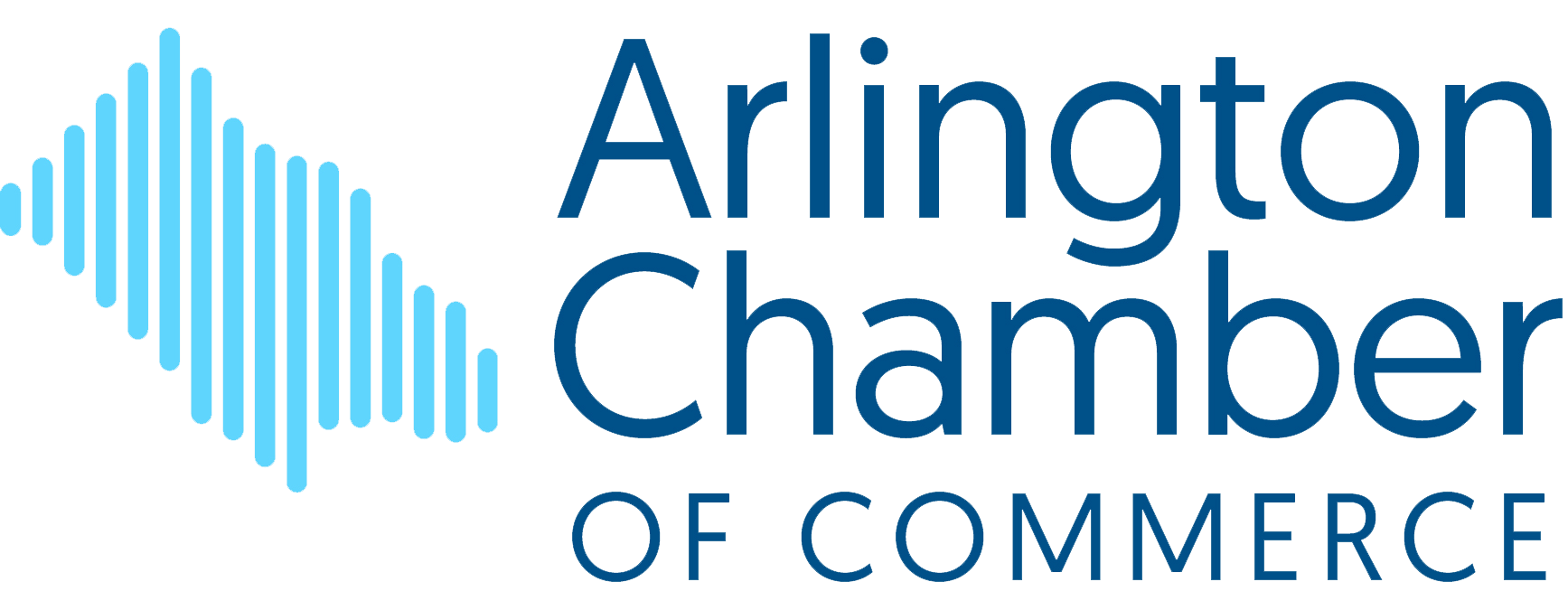
The IRS works hard every year to communicate new or prevalent illegal schemes perpetrated by scammers against millions of taxpayers. Most IRS communications about scams are posted on their website or shared in press releases. But last month, your Chamber got a chance to hear directly from an IRS representative about how businesses and individuals can protect themselves from falling victim to a tax scam. These scams are designed to steal money or financial information, or to charge for a free service or a service for which the victim does not qualify.
Annually, the IRS lists its “Dirty Dozen” Top Tax Scams to warn businesses and individual taxpayers about financial arrangements or offerings that tax authorities have found to be abusive. The IRS urges taxpayers to think twice before putting their money into transactions that could be aggressively promoted scams or paying for services before determining whether are legitimate or available free of charge.
In his presentation, the IRS representative highlighted two tax scams that are ramping up right now because of aggressive promotion on social media, via email, and by phone – improper employee retention credit claims and promises to settle outstanding tax debt. Both of these scams illustrate how scammers charge for a free service or a service for which the victim does not qualify. Here’s how they work.
You may have gotten a call from someone you don’t know saying that you can get a $26,000 per employee tax refund. This “refund” is the Employee Retention Credit (ERC) for qualified employers to retain their staff during the COVID-19 pandemic. Sounds great, but these third parties charge large upfront fees whether your business qualifies for ERC or not. Scammers may also urge unqualified employers to claim the ERC, which can bring that business under unwanted scrutiny by the IRS. More warnings and tips are on the IRS website.
During tax filing season, some business and individual taxpayers find that they owe more in taxes than they are able to pay immediately. Or, they may have prior year tax debt. Social media ads and commercials about settling your tax debt with an Offer in Compromise (OIC) sound tempting, but they are also a scam to pay for something taxpayers can do themselves for free. In just a few minutes and for absolutely no cost, a taxpayer can determine if she or he qualifies for an OIC. Once qualification is determined, they can complete the online application and submit it to the IRS per the online instructions.
The IRS wants businesses and individuals to be cautious of schemes and direct solicitations promising tax savings that are too good to be true. That’s why they post helpful warnings and other information on their website and make knowledgeable IRS representatives available to the business community. Use this information to help you keep our business community safe from tax scammers.


 RSS Feed
RSS Feed
